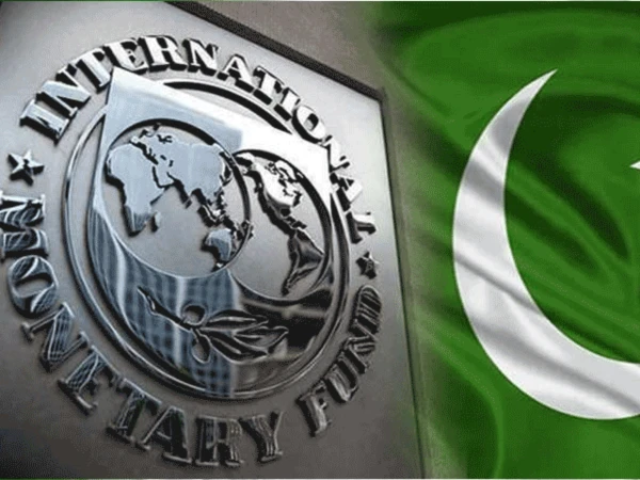ISLAMABAD: The International Monetary Fund has revised its inflation forecast for Pakistan, lowering it by 3.2 percentage points to 9.5% for the current year, as announced by Finance Minister Muhammad Aurangzeb on Thursday.
This adjustment aligns the IMF’s projections more closely with Pakistan’s own estimates.
In response to speculation regarding the need for a mid-year budget adjustment, Aurangzeb stated that such a measure is unnecessary. This comes amid ongoing discussions about the government’s fiscal strategy to remain compliant with its $7 billion, 37-month program with the IMF.
Additionally, the IMF has also reduced its import forecasts for Pakistan for the current fiscal year, which concludes in June 2025. This is significant for a country grappling with persistent economic challenges, characterized by cycles of boom and bust that have led to 22 IMF bailouts since 1958.
As of July 11, Pakistan ranks as the IMF’s fifth-largest debtor, owing approximately $6.28 billion.
The recent economic crisis has been particularly severe, marked by the highest inflation rates in Pakistan’s history, which brought the nation to the brink of sovereign default last year before securing an IMF bailout.
Since then, inflation has begun to ease, offering a glimmer of hope for economic recovery.
Overall, the IMF’s adjustments reflect a cautious optimism about Pakistan’s economic trajectory, although significant challenges remain as the country seeks to stabilize its economy and adhere to its commitments under the IMF program.


